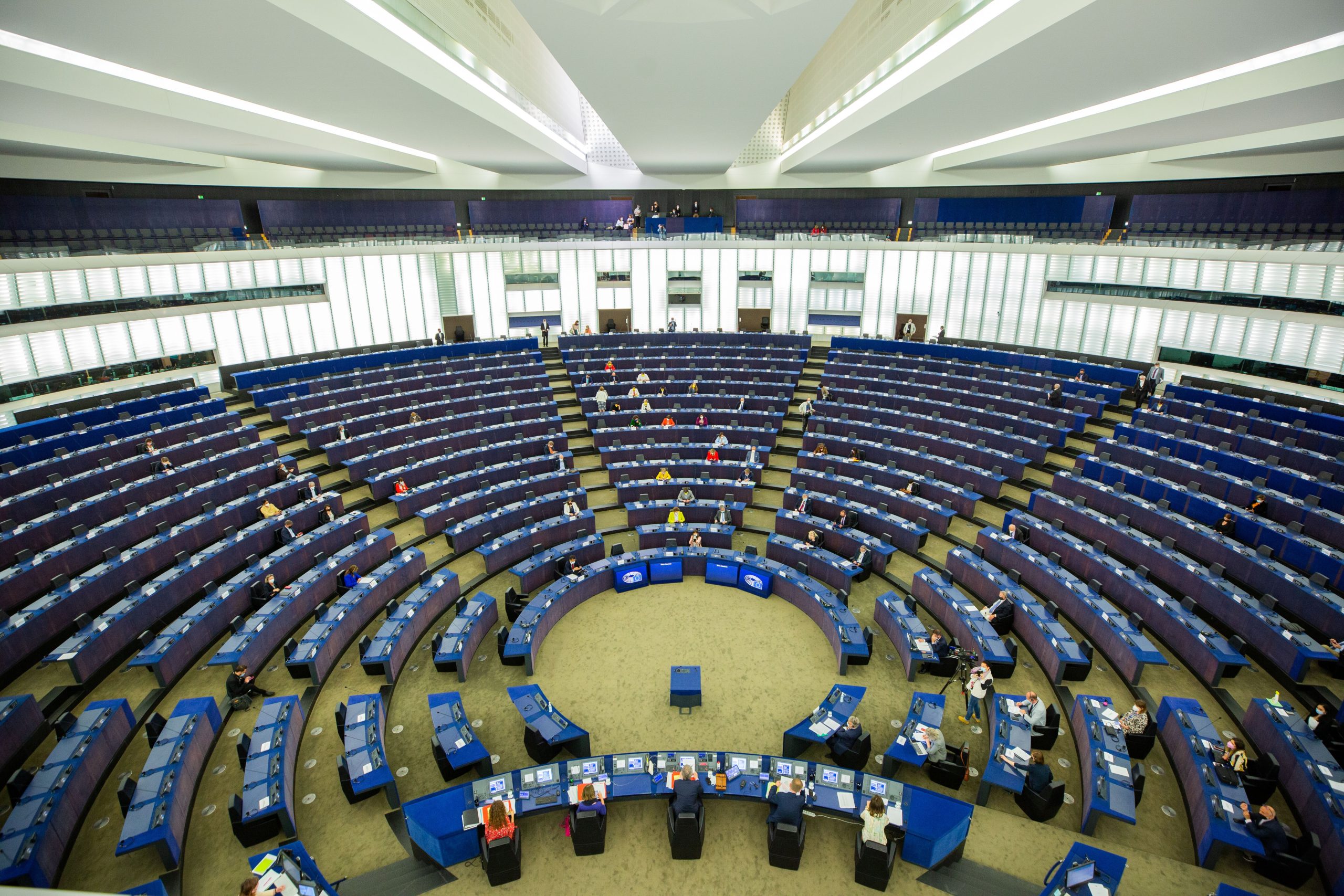Far-right parties are gaining support across Europe. Their level of participation in national governments is increasing, and they are expected to make further gains in the European Parliament elections in June 2024. As their influence over European Union (EU) policy rises, it is imperative to assess how they are positioning themselves on crucial dimensions of EU foreign and security policy. A closer look shows that geostrategic issues remain a cleavage point that is contributing to the fragmentation of the far-right spectrum. Their positions fluctuate between a transatlantic orientation and clear support for Ukraine among the national-conservative European Conservatives and Reformists (ECR), to fundamental opposition with an anti-Western stance among parts of the right-wing populist to extremist parties in the Identity and Democracy (ID) Group. Due to the intergovernmental nature of EU foreign and security policy, the biggest challenges will come with national elections and coalition-making.
About the Authors
Max Becker since 2023 is Research Assistant, EU/Europe Research Group at SWP.
Dr. Nicolai von Ondarza since 2010 at SWP, since 2020 Head of EU/Europe Research Division, 2016–2020 Deputy Head.


